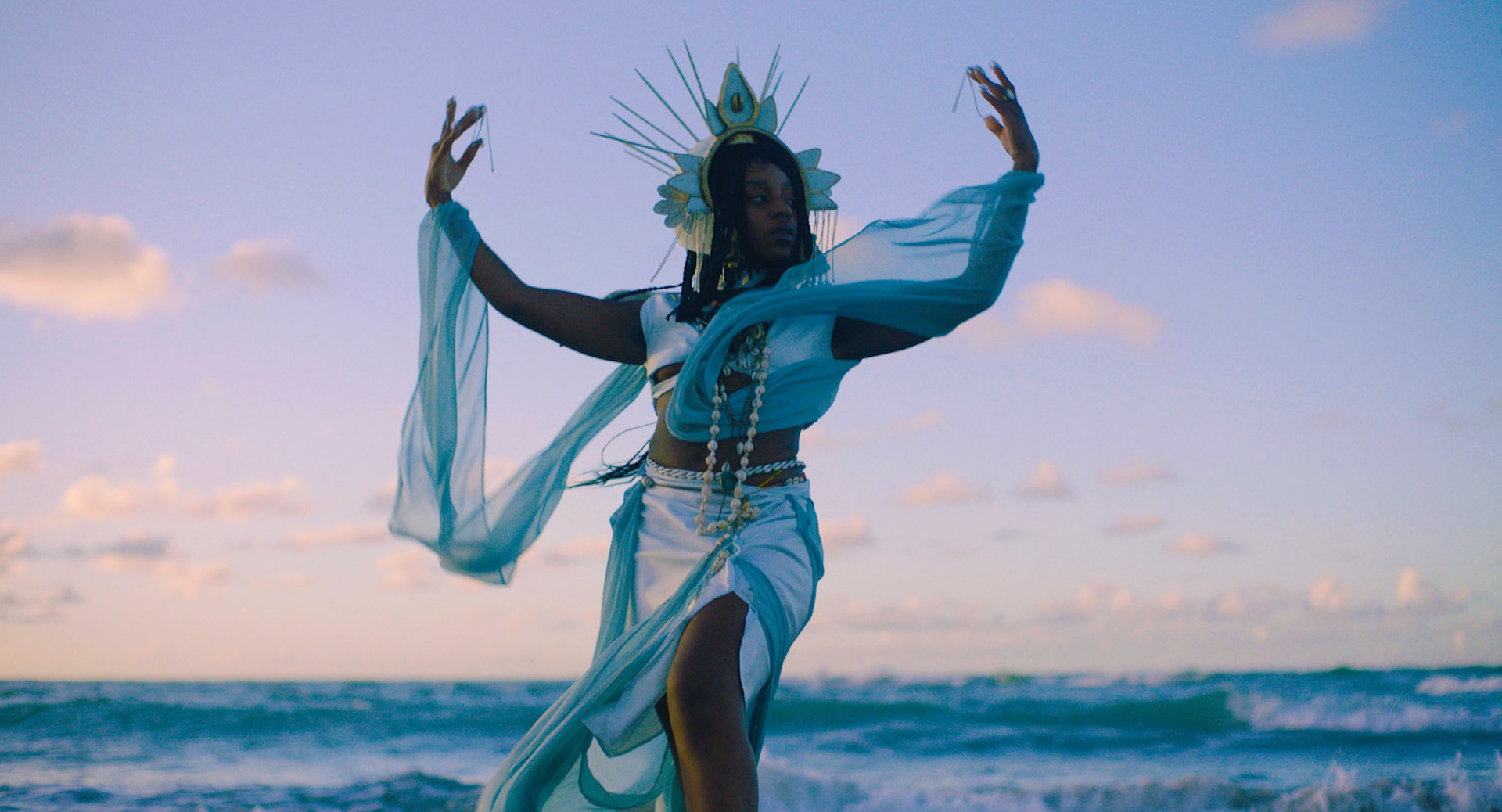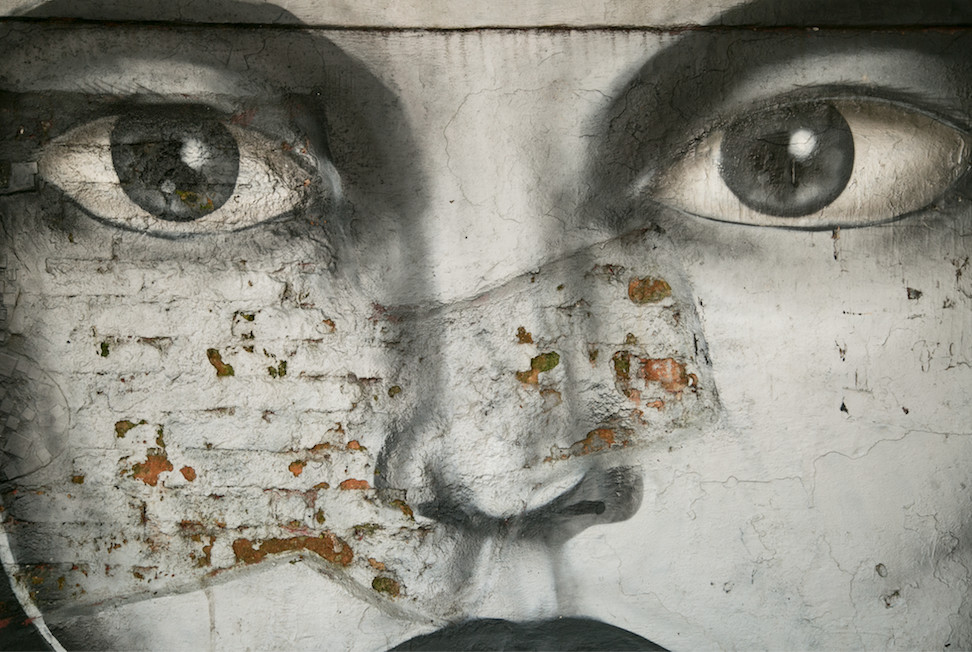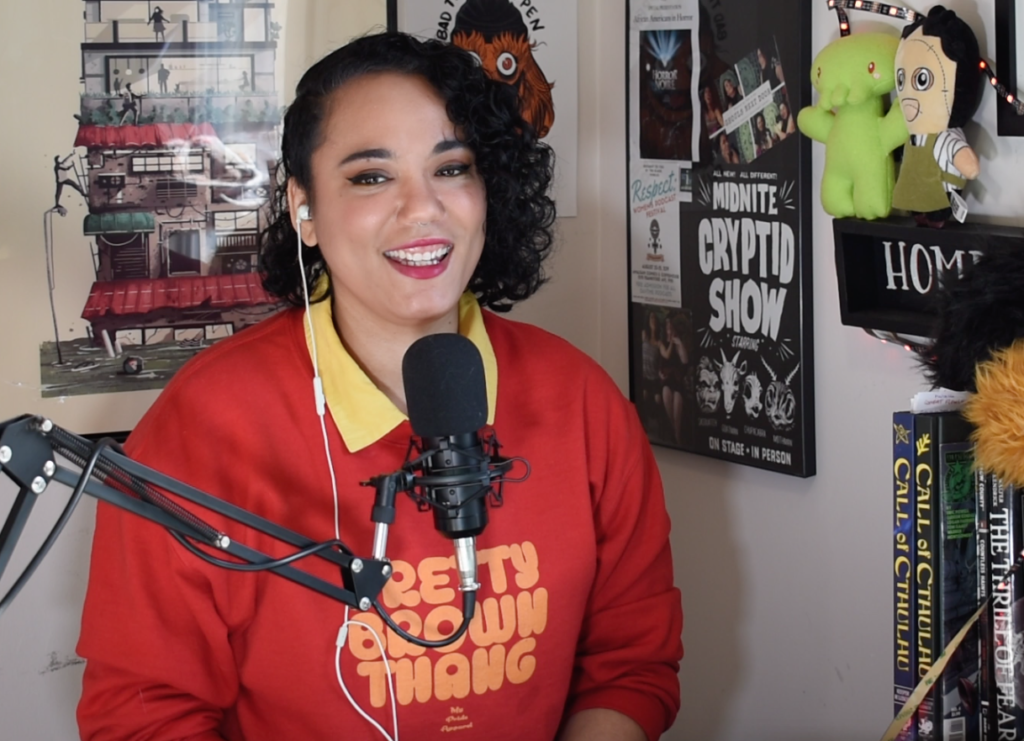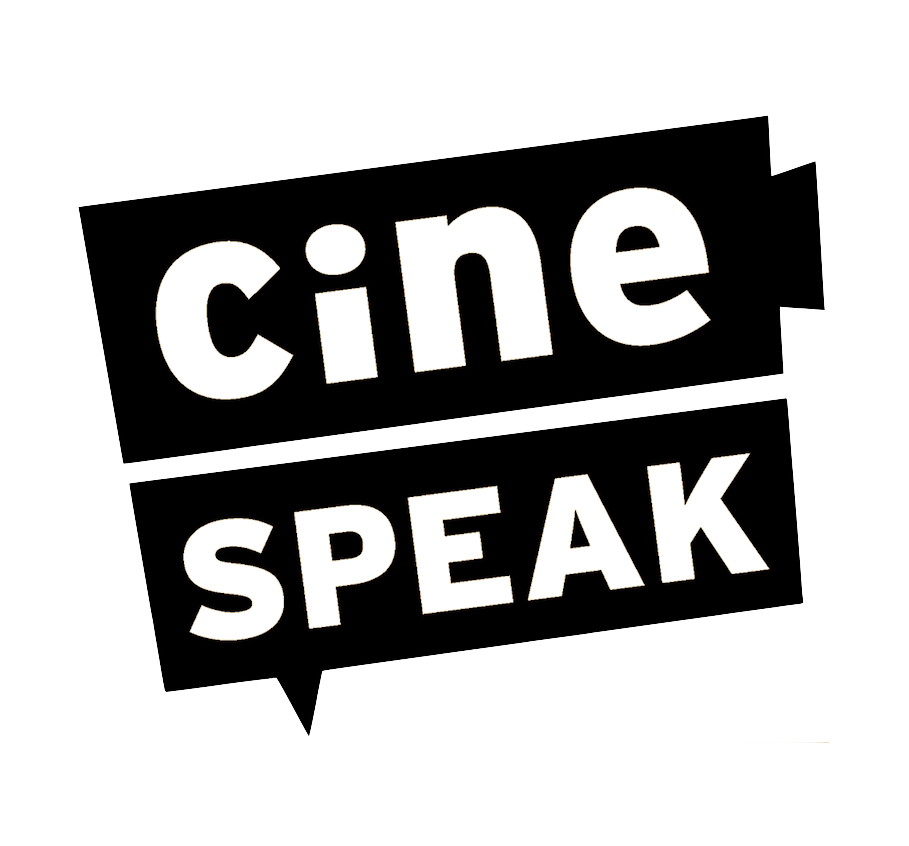
25 May The 12th Annual Philadelphia Latino Film Festival is a Six-Week Ambitious Adventure in the City
BY GABE CASTRO
The Philadelphia Latino Film Festival returns for its 12th year, transformed and full of potential. The festival has proved itself malleable, shifting to a virtual festival at the height of the pandemic in 2020. 2021 brought them a rush of new films, a result of a bottleneck in production due to COVID-19. Their response again was to adapt, screening 150 films virtually and expanding the festival run from four days to eight. This year, when faced with many films holding stories and voices as complex and diverse as the Latine population, the festival has transformed once again. Now running for six weeks (May 28 – July 9, 2023) in a hybrid format, the festival is branching out and reconnecting with its communities online and throughout the city.
The festival’s intention is to experience the media “en familia,” together in community. So they sought to provide ample opportunities for connection. Festival Director Marangeli Mejia-Rabell radiates light while explaining the potential, noting the festival as being “a place where people are going to learn and try things. We want to create that opportunity for you to grow.”
The festival refuses a strict structure, and instead embraces the movement and flexibility of everyday life. This year, the lineup includes virtual programs screened Sundays through Tuesdays, though the number of films and frequency varies week to week. Wednesdays are for reflection, encouraging festival goers to engage in Q&As with the creators or to check out the Youth Salon, featuring work by young Latine creators. Thursdays through Saturdays are dedicated to in-person engagements in spaces throughout the city. With a focus on nurture, PHLAFF sets out to provide flexibility for their guests and for the team behind the festival. “We cannot tell creatives to nurture their craft and practice self care while we ourselves are burning out,” informs Mejia-Rabell, explaining the fluidity and low-pressure attitude of the schedule.

This year’s festival is ambitious. In collaboration with their organizational partners, screenings and in-person gatherings are sprinkled throughout the city, engaging different community and art spaces including Fleisher Art Memorial, University of the Arts, PhillyCAM, Cherry St. Pier, and Taller Puertoriqueño. The goal is to activate these spaces and mesh with the creative ecosystems already there. Mejia-Rabell laughs as she suggests a shorts program screened between rumba classes at Taller or a casual screening in the sunny Cherry St. Pier; these venues encourage leisurely and pleasurable viewings of the films.
The first week of the Philadelphia Latino Film Festival will feature the highest concentration of in-person events, inviting audiences to gather in community. As the festival moves forward, the structure and frequency will grow with a rhythm and flow in response to the audience’s needs. On Tuesday of the kick-off week, PHLAFF is hosting a special presentation at Taller Puertoriqueño of filmmaker Paco Vazquez-Ratcliffe’s 2013 film The Great Fallacy which touches on the political and economic situation in Puerto Rico and how politicians manipulate the system in a way that harms their community. The film will be used as an introduction to a larger political conversation, encouraging voter education and inviting the filmmaker to lead these discussions.
When asked about common themes and stories she’s seen in this year’s lineup, Mejia-Rabell shares, “Things are loaded. We have seen a heavy focus on documentaries and on stories that are tough, heavy.” Many films revolve around family, immigration, cultural preservation, and perseverance through art. She goes on to explain that the Latine community is incredibly diverse, and the films reflect that patchwork of experiences.

As abstract as the festival itself, the films are unique and compelling. Daughter of the Sea, starring American rapper and performer Princess Nokia, is a spiritual and stunning film, vibrant in the spectrum of representation of the Puerto Rican diaspora that embraces their African history by incorporating the African Goddess of the Sea, Yemaya. Anhell69 is a queer dystopian documentary that blends fantastical imagery with the stark reality of violence and death in the queer community in Colombia.
Local filmmaker Eunice Levis’ familial, heartfelt science fiction short, Ro and the Stardust, reminds you of the strength in family and inspires you to reach for the stars. Learn more about her work by reading the Philadelphia Artist Spotlight: Eunice Levis. And Skin, an art-driven documentary, explores the connection between Brazilians and the art on the walls of their city. Skin introduces us to walls ripe with graffiti, symbols, slogans and murals that serve as a backdrop to the city’s dreams and fears. With films as colorful and diverse as the Latine community, there’s something for everyone and enough time to spend with them.
Featured Image: Still from Daughter of the Sea. Courtesy of PHLAFF.
Check out PHLAFF’s website for the details.
This article was originally published on May 25, 2023. Updated June 12, 2023.

Gabe Castro is a Philadelphia-based Latiné multimedia professional specializing in the horror genre. Gabe believes media can be used as a tool to bring social change and works in all she does to create impactful and inspiring media.

Sorry, the comment form is closed at this time.